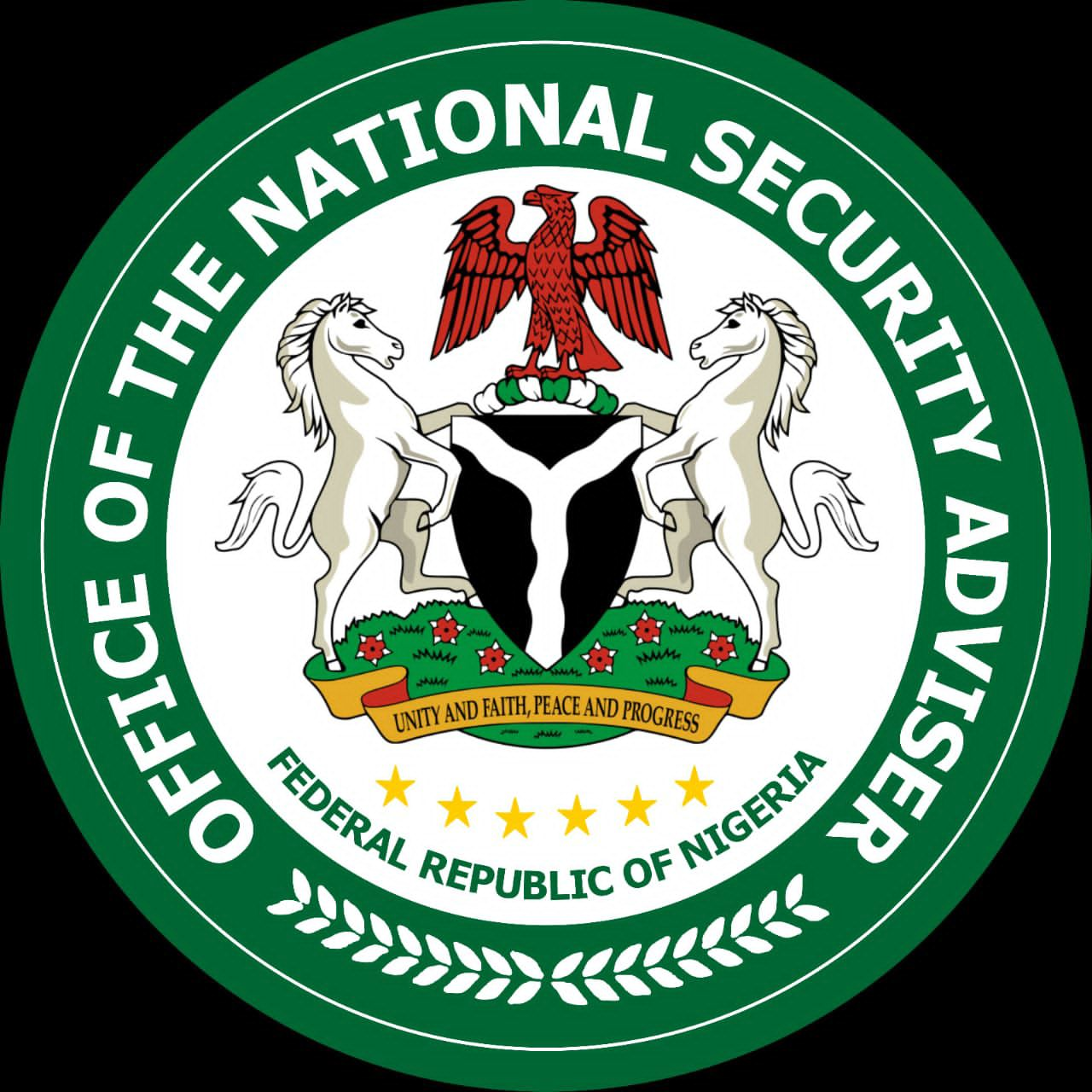By Bavoriat Clara
In a renewed push against violent extremism, Nigeria will launch its revised National Counter Terrorism Strategy (NACTEST) in October 2025.
The updated framework, finalized after months of nationwide consultations, was presented at the Third Quarter NACTEST Stakeholders’ Meeting in Abuja, where participants from security agencies, government institutions, civil society, academia, and international partners reaffirmed their commitment to the fight against terrorism.
Delivering the keynote address, the National Coordinator of the National Counter Terrorism Centre (NCTC), Major General Adamu Laka, said the review of the strategy was necessary to reflect the rapidly evolving security landscape and to align Nigeria’s counter-terrorism framework with international best practices.
He recalled that the review process, which began in February 2025, involved consultations, workshops, validation sessions, and technical reviews with wide participation from MDAs, States and Local Governments, traditional and religious leaders, civil society organizations, the private sector, academia, and international partners.
> “The revised draft National Counter Terrorism Strategy has incorporated all feedback received during the validation exercise and has been forwarded to the National Security Adviser, Mallam Nuhu Ribadu, mni, for approval. Once assented to, it will be professionally edited and printed, ahead of a formal launch by President Bola Ahmed Tinubu, GCFR, in October,” Major General Laka stated.
Earlier in his opening remarks, the Director of Policy and Strategy at the NCTC, Commodore Ahmed Madawaki, highlighted the importance of the Centre’s Whole-of-Government and Whole-of-Society approaches.
He explained that while the Whole-of-Government approach ensures coordination, comprehensiveness, and effectiveness in counter-terrorism efforts, the Whole-of-Society model engages communities, civil society organizations, and the private sector in building trust, promoting social cohesion, and countering extremist ideologies.
Commodore Madawaki outlined the review journey, noting that initial expert reviews were followed by extensive stakeholder contributions, including a dedicated workshop.
He added that non-binding assessments were made by the EU–UN Global Terrorism Threat Facility Consultant and UN Women, before the Centre hosted the final NACTEST Validation Exercise.
He emphasized that the Third Quarter Meeting aimed to give stakeholders an update on the review process and enable Focal Point Officers to ratify their respective roles and responsibilities ahead of final editing and production.
This, he said, would ensure the revised strategy remains inclusive, threat-responsive, and in line with global standards.
> “Our goal is to ensure that all MDAs understand their roles and responsibilities and carry out related programs after the launch of the revised strategy. We also want civil society organizations, the private sector, academia, traditional and religious leaders to have a strong understanding of the strategy. Grassroots involvement has been prioritized, with States and Local Governments actively engaged in the review process,” Commodore Madawaki stressed.
Both speakers emphasized that terrorism is a global phenomenon requiring international cooperation and support, including financial and technical assistance from international partners.
Major General Laka further reminded participants that the effectiveness of the revised NACTEST would depend on faithful implementation across its five work streams: Prevent, Protect, Identify, Prepare, and Implement.
He reaffirmed the NCTC’s commitment to providing leadership, coordination, and technical guidance to ensure the strategy translates into real impact.
The meeting concluded with optimism that the formal presidential launch of the revised strategy in October would mark the beginning of a new phase in Nigeria’s counter-terrorism efforts, setting a model for West Africa and the Sahel.
